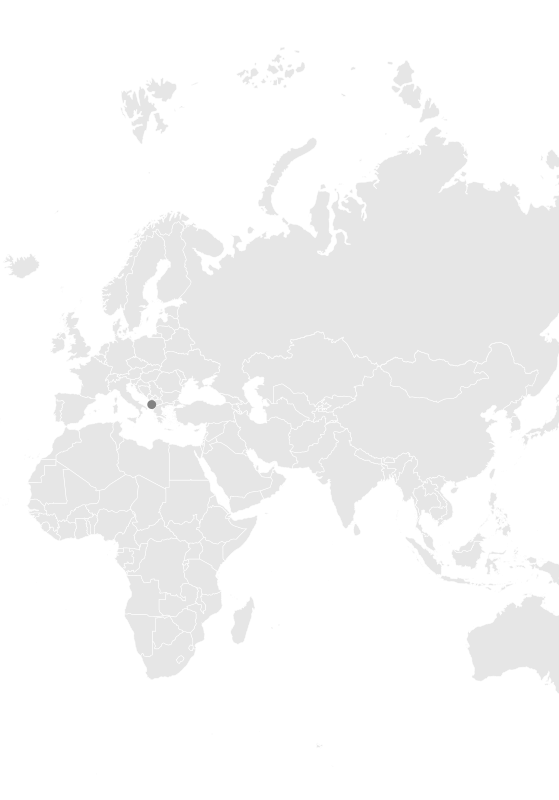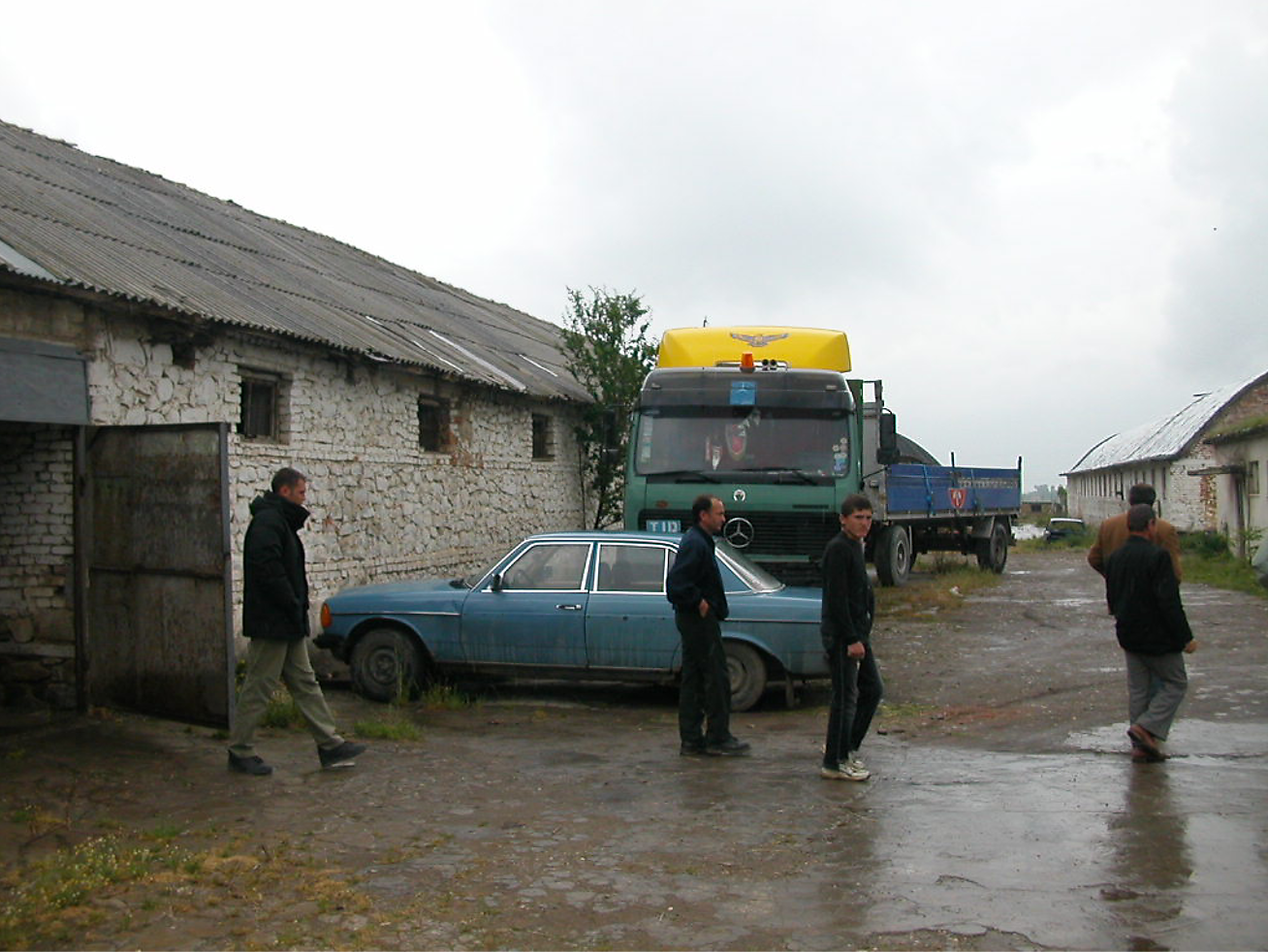The collapse of the communist state was accompanied by the closure of many factories and mass redundancies in the civil service. Unemployment became extremely high (up to 90% in some areas) and the rural exodus intensified. The economic and social situation has become catastrophic, particularly for young people from poor families living in run-down neighbourhoods. Left to their own devices and with no vocational training, these young people often end up living on the streets. In this context, Triangle Génération Humanitaire decided to help young people on the margins of society by creating a vocational training centre for young people aged 14 to 18.
The FERILASSES centre (Formation des Enfants des Rues et des Intervenants Locaux / Analyse de Situation / Soutien Economique et Social) was opened on 4 August 1997. It offers appropriate general training as well as sandwich courses (with the support of Albanian craftsmen) in trades for which there is a real demand and a shortage of skilled labour (sewing, cooking, hairdressing, mechanics, etc.). The training is validated by the Albanian government. The project was run in partnership with the association Useful to Albanian Women, which took over the project in 1999. Clashes between Yugoslav troops and Albanian independence fighters in Kosovo and NATO’s intervention in the region from March 1999 led to the exodus of many Kosovar refugees, who were spontaneously taken in by Albanian families.


TGH decided to support these host families, whose resources were limited. The programme, which began in April 1999, lasted for four months, during which time 23,000 parcels (food and hygiene products) were distributed to Albanian families. At the same time, TGH is carrying out a programme to renovate (insulation, sanitation) and equip (furniture and school supplies) eight schools in Elbasan to enable young Kosovar refugees to complete their education.
Since the departure of the Kosovar refugees, the Albanian pupils have continued to benefit from this work. The facilities are maintained by a committee of parents, school staff and education officials. In October 2001, TGH launched a programme to revive potato production in the Elbasan district (Steblevle municipality). This project is part of an agricultural economic development project aimed at improving local production and the food situation of Albania’s rural population. It will enable farmers to resume traditional income-generating production by providing them with seed to supply the local market with ware potatoes and 1st generation seed. The programme will be complemented by technical training and tailored support to the region’s potato growers’ association. TGH is continuing its activities in Albania, implementing an agricultural and economic development project in the municipality of Miras (Korça region) in December 2002.
The programme supports three local associations. The first farmers’ association, “Mirasi”, aims to facilitate the sale of the municipality’s agricultural products (onions, beans and apples) on the Albanian market and to increase yields and production resources (transport, packaging, mechanisation, etc.) in terms of quality and quantity. The second association, “Progressi”, enables women to develop income-generating activities based on local products. Finally, a fishing association enables farmers to generate additional income from fishing activities (selling fish, organising activities on the pond, etc.). In Stebleve, as in Miras, TGH’s methodology is to strengthen civil society by creating responsible rural associations that work alongside TGH to achieve the objectives set during consultations and collective debates.


1 rue de Montribloud 69009 Lyon